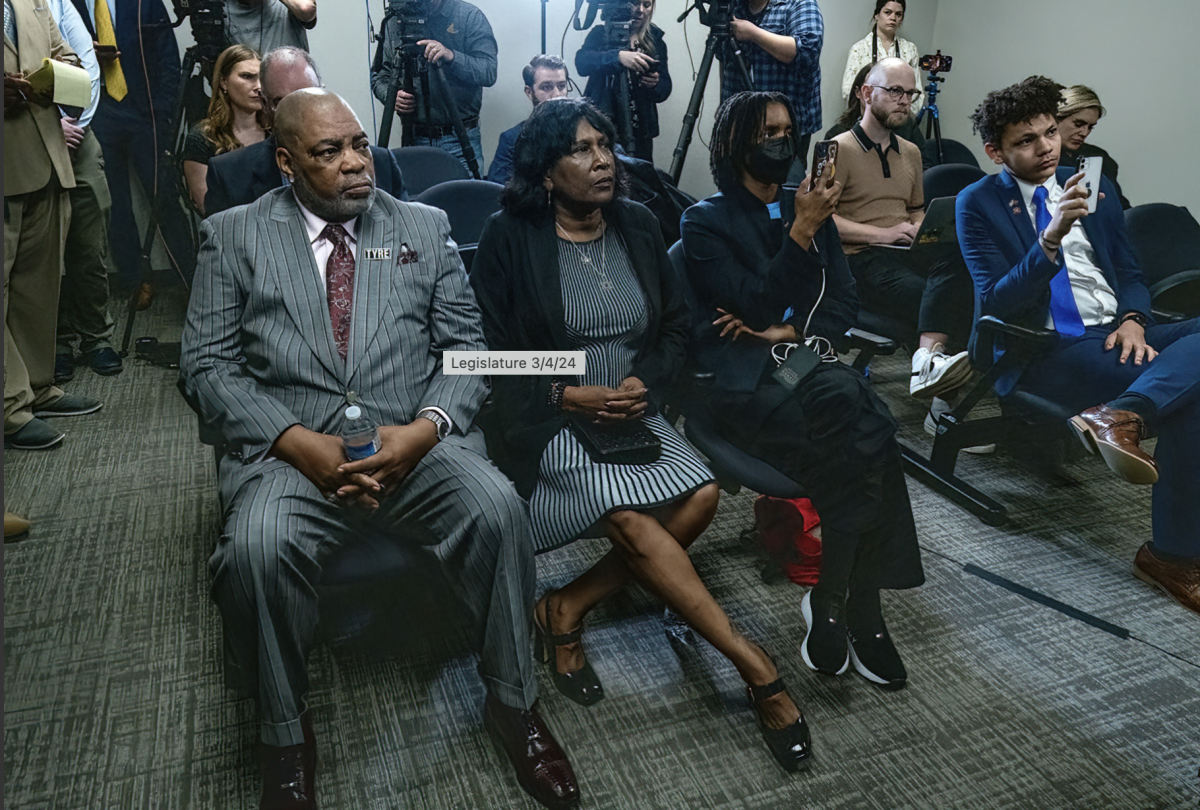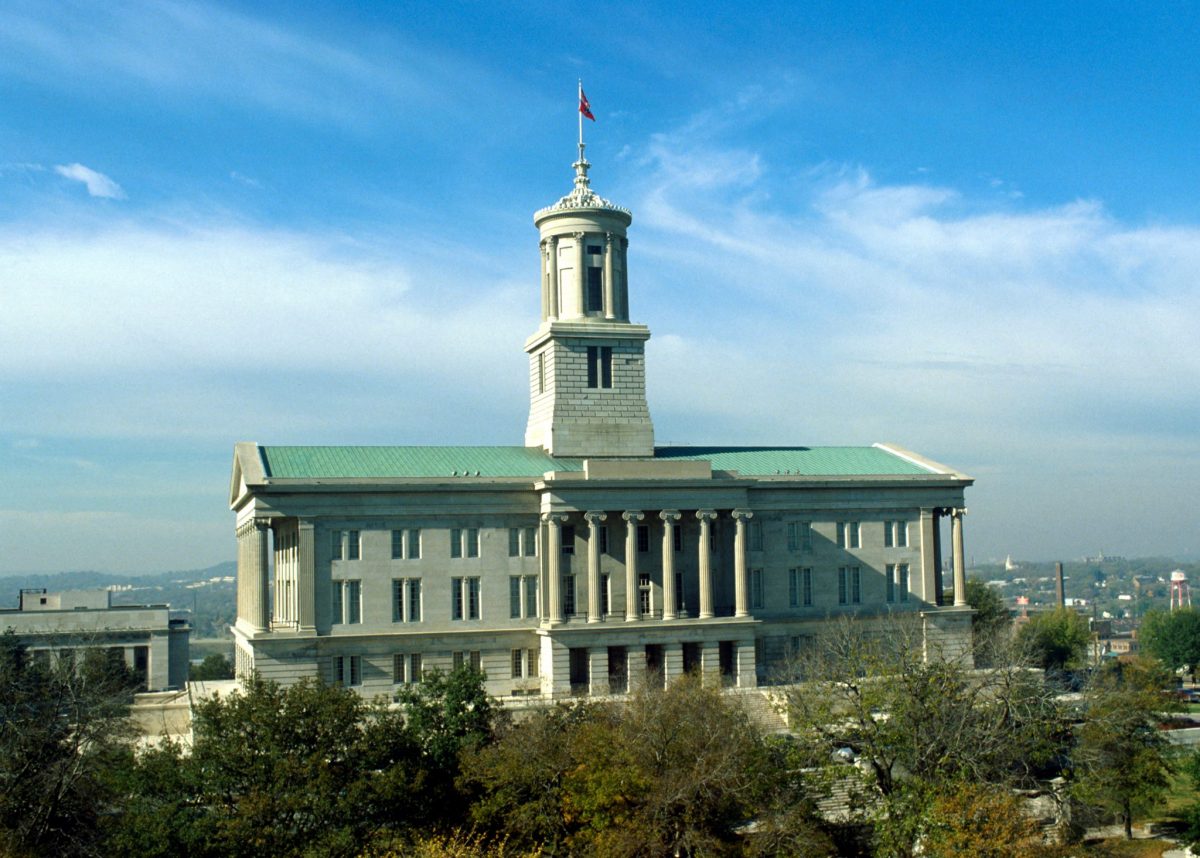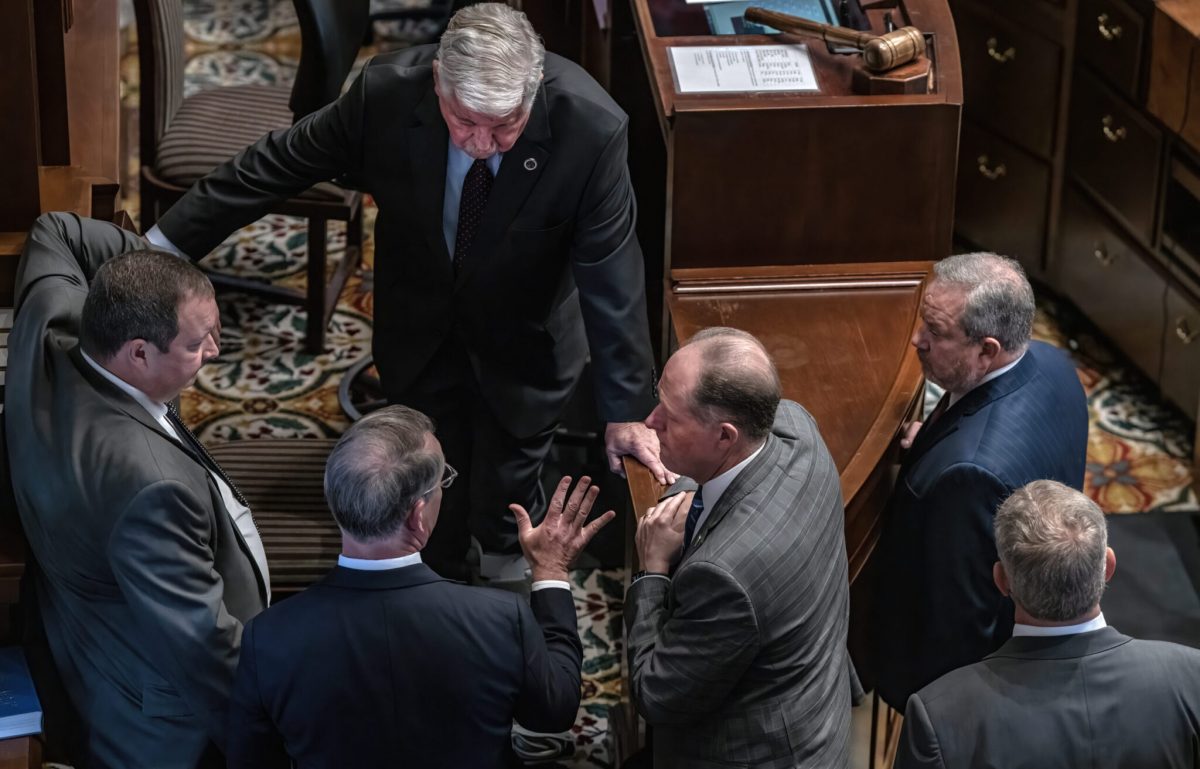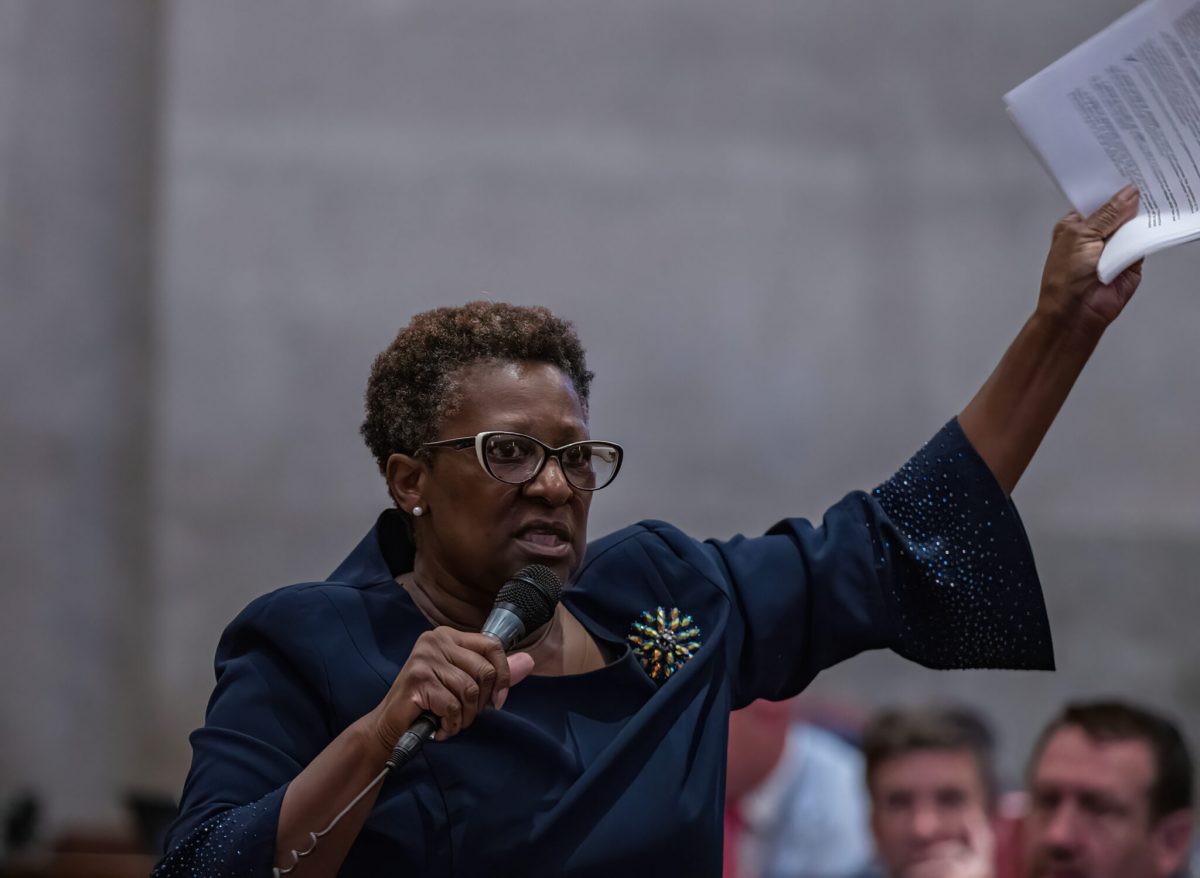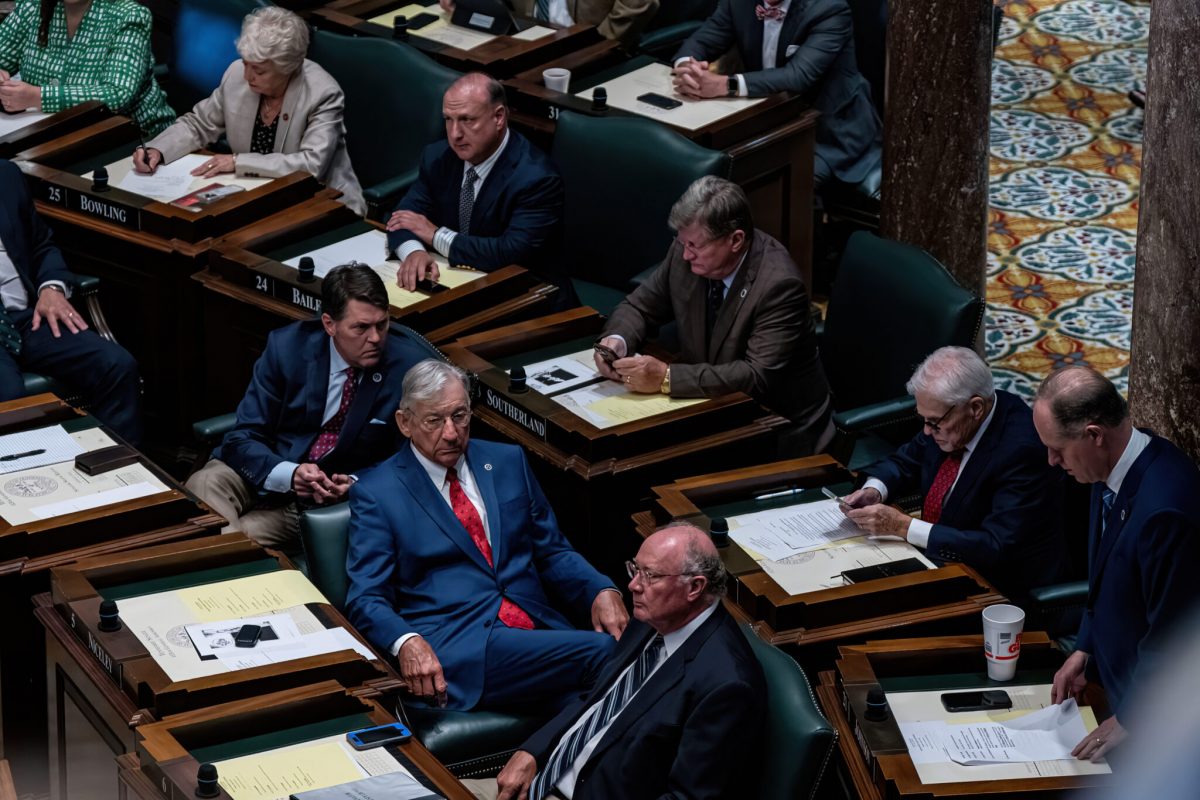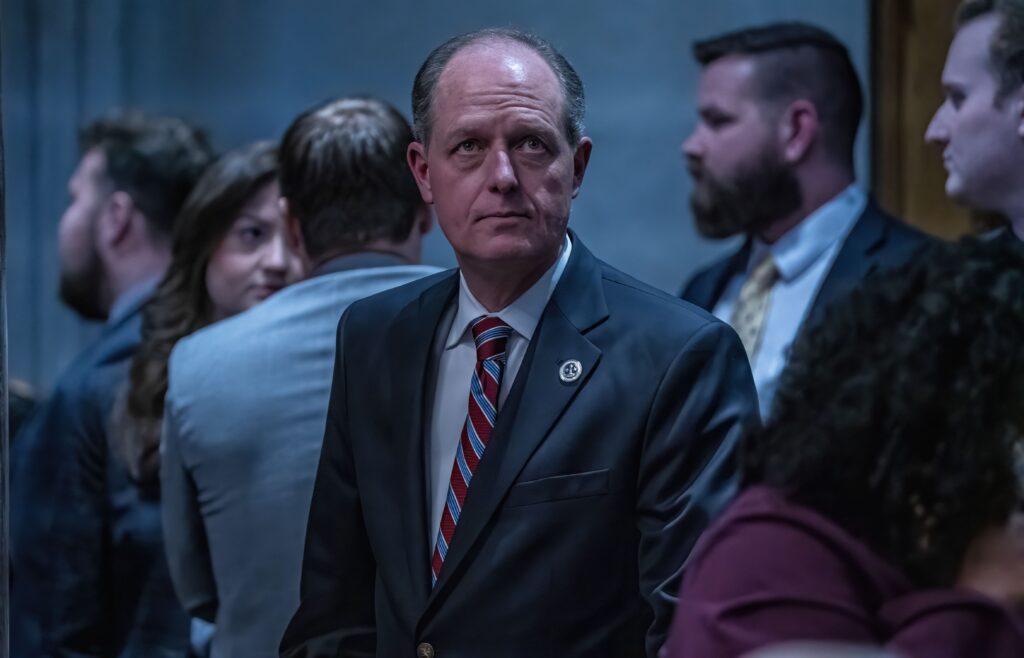Promises, promises. This wouldn’t be the first time they’re broken.
Rep. John Gillespie (R-Bartlett) swore on the House floor Thursday he didn’t tell the family of slain motorist Tyre Nichols’ he would postpone a policing bill they oppose until next week when they could return to the Capitol. That claim brought an accusation from Rep. Justin J. Pearson (D-Memphis) that Gillespie lied to the family (and a subsequent rebuke that amounted to nothing).
Nichols’ parents, Rodney and RowVaughn Wells, also sent out a statement Thursday urging Senators to vote against the bill when it reaches the upper chamber and reiterated what Pearson said, that Gillespie told them not to visit Nashville because he didn’t plan to bring the bill to the floor.
The Wellses visited the legislature Monday lobbying against Gillespie’s bill, which would turn back a Memphis City Council ordinance designed to prevent police officers from making “pretextual” stops such as pulling over motorists for a bad tail light. The Wellses believe their son, Tyre, would be alive if such an ordinance had been in place in January 2023 when police stopped him and beat him (the incident is on video). He later died.
Gillespie responded by postponing the bill until Thursday and attaching an amendment — which is usually a no-no on the floor — making the bill apply only to “pretextual” stops. In other words, police would still make them in Memphis and statewide.
Several Memphis Democrats questioned whether he told the Wellses he would delay the bill until they could return to the Capitol, which is more than three hours from Memphis.

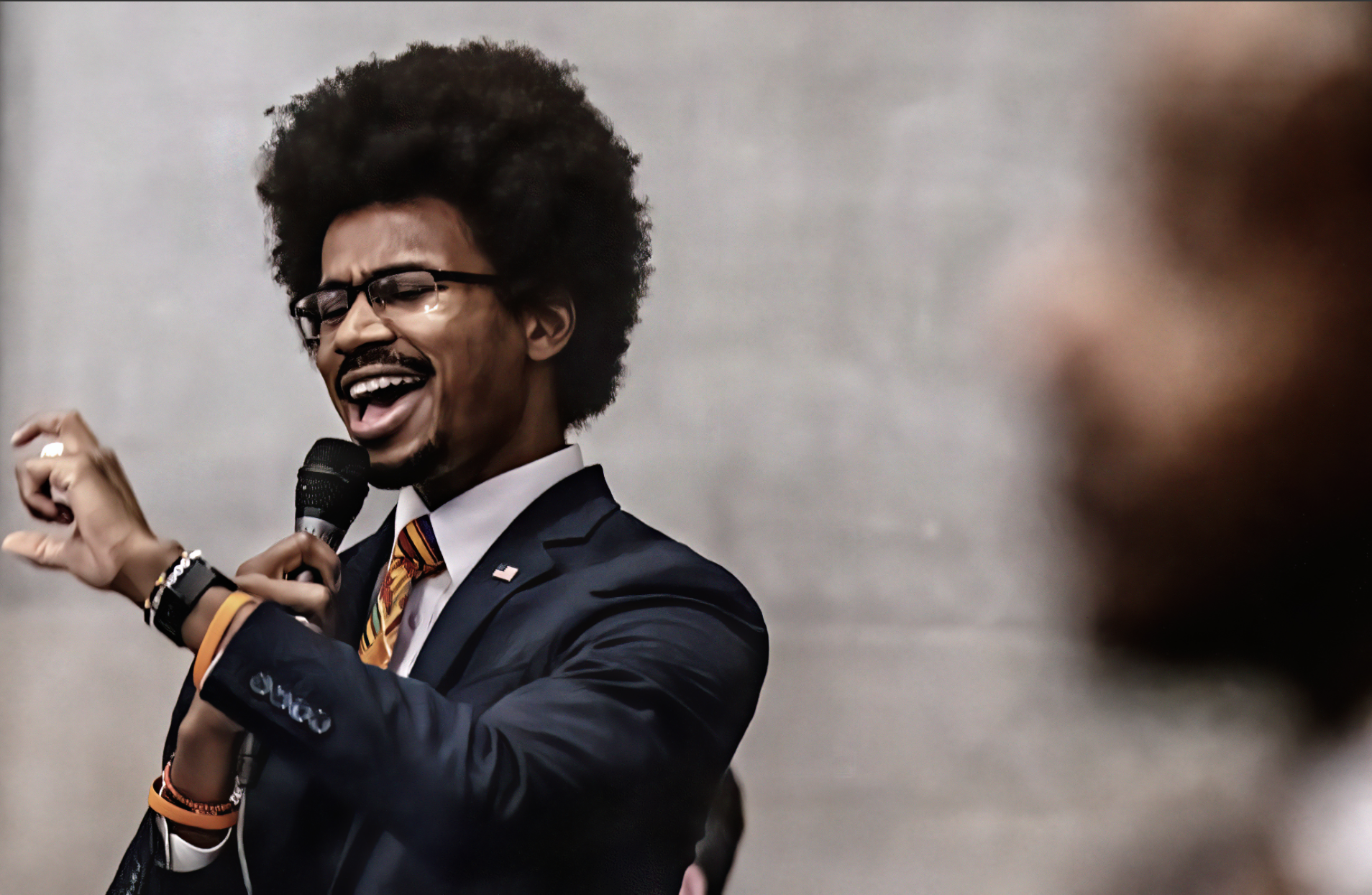
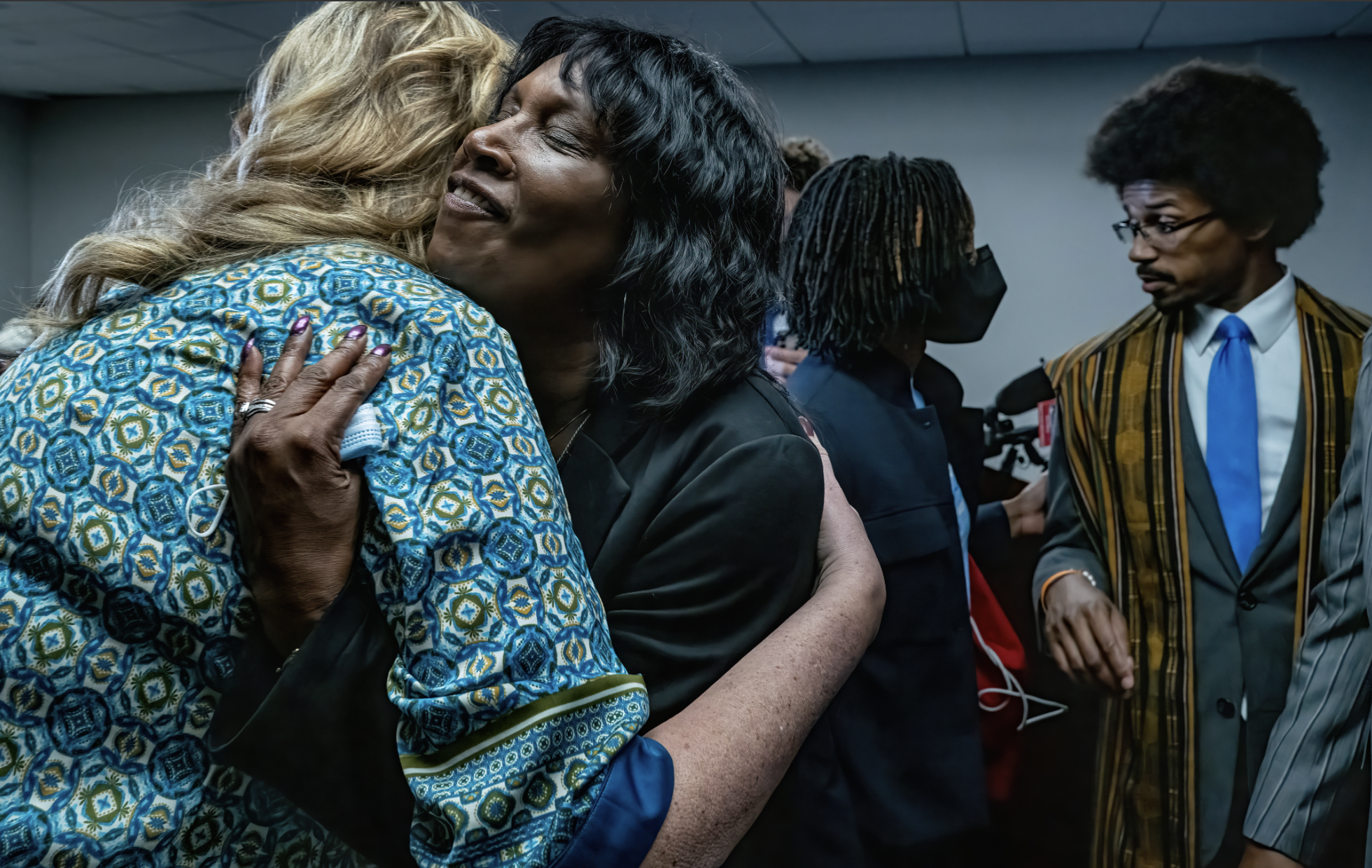
Gillespie contended his community is “begging” for safer streets and refused to give in, saying the bill needed to pass immediately to cut Memphis crime.
Afterward, he said he texted Mr. Wells during Thursday’s session to let him know he was moving forward with the bill and received no response.
“I feel horrible that they feel this way. But I told them this bill was on the calendar today and that my intention was adding an amendment if I was allowed,” Gillespie said.
Regardless of who said what and when, Gillespie could have put it off again. Democrats practically begged him for a delay.
But the second-termer who succeeded the late Rep. Jim Coley wouldn’t budge — buoyed by supermajority Republicans. And two efforts by Towns to force postponement failed.
Eventually, the House voted along party lines to adopt Gillespie’s bill, bringing yet more criticism from Pearson.
“They were told it would be presented next Thursday. John lied to them,” Pearson told the Lookout later, basically the same thing he said on the floor.
The Wellses issued a statement later Thursday saying the legislation is a “dangerous step back in the fight for accountability, transparency and justice within law enforcement.” They consider the Memphis ordinances a “part of Tyre’s legacy,” intended to build trust between law enforcement and residents and prevent tragic deaths.
The Senate is likely to follow the House on this issue, even though Lt. Gov. Randy McNally (R-Oak Ridge) isn’t enthusiastic about several other constitutionally questionable measures emanating from the lower chamber.
The real question, however, is whether Memphis police will follow the legislature’s orders if the bill becomes law or stick with the Memphis City Council directive to limit “pretextual” stops, those in which officers pull over vehicles to make a “speculative” investigation unconnected to the reason for the stop, and not for enforcing traffic laws.
Some folks call it stereotyping or “driving while Black,” and the U.S. Department of Justice saw enough problems with Memphis policing policy to investigate last year.
But the city council, worn out with traffic stops turning into killings, took things into their own hands and prohibited “pretextual” policing.
It sounds like something the police department should have done years ago. But in the majority minority city on the banks of the Mississippi, change comes slowly — if at all.
Tennessee Lookout is part of States Newsroom, a nonprofit news network supported by grants and a coalition of donors as a 501c(3) public charity. Tennessee Lookout maintains editorial independence. Contact Editor Holly McCall for questions: info@tennesseelookout.com. Follow Tennessee Lookout on Facebook and Twitter.
